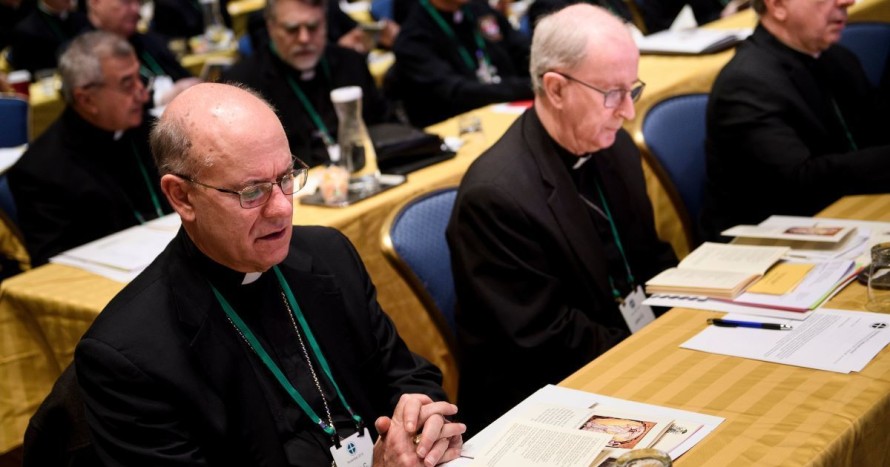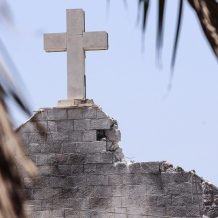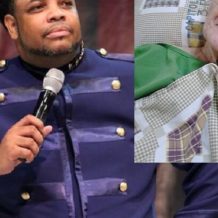A federal judge has barred the Equal Employment Opportunity Commission from enforcing a workplace rule that requires employers to accommodate abortion-related procedures against the U.S. Conference of Catholic Bishops. The ruling will remain in effect while a larger legal challenge against the rule proceeds.

The order, issued on Wednesday by Judge David Joseph, prohibits the EEOC from enforcing its final regulation against the U.S. Conference of Catholic Bishops and other Catholic entities in ways that would compel them to act against their religious beliefs.
The ruling also blocks the agency from initiating investigations into these institutions for refusing to support procedures such as abortion, surrogacy or in vitro fertilization. The injunction replaces an earlier order that had provided narrower relief, protecting the bishops only from enforcement in cases where an abortion was deemed elective.
Under the earlier ruling, the EEOC could still have required accommodations for abortions linked to common medical conditions during pregnancy, such as anxiety or nausea, according to the complaint.
Attorneys at the Becket Fund for Religious Liberty, which filed the lawsuit on behalf of the Catholic groups, argued that the rules made it so employers couldn’t enforce “life-affirming workplace policies and practices against employees who choose to obtain an abortion,” nor could the employers “communicate about pro-life beliefs in ways that ‘interfere’ with abortion accommodations, and must censor some forms of pro-life employee speech.”
The current order grants larger protection, exempting the Catholic plaintiffs from complying with the regulation entirely where it contradicts Catholic teachings.
The rule in question was issued by the EEOC in 2024 under the regulatory framework of the Pregnant Workers Fairness Act, a law signed by former President Joe Biden earlier that year.
The law mandates that employers provide reasonable accommodations for limitations arising from pregnancy, childbirth and related medical conditions, but does not mention abortion.
In its implementation of the law, however, the EEOC included abortion, along with other procedures such as IVF and surrogacy, as qualifying medical conditions. The regulation included only limited religious exemptions, available on a case-by-case basis, after an accommodation request had already been denied.
Legal counsel for the bishops said the lawsuit is not a challenge to the Pregnant Workers Fairness Act itself, as the objection is to EEOC “overreach,” Becket Fund Vice President Daniel Blomberg told Catholic News Agency.
Blomberg said the EEOC had previously agreed not to enforce the mandate against the bishops, but the agency resisted a court-ordered injunction. The new order, he said, “memorializes the agreement” and gives the plaintiffs formal legal protection.
The bishops’ legal challenge is currently being heard in multiple courts.
Their case against the abortion provision is pending before the 5th U.S. Circuit Court of Appeals, while related objections to accommodation mandates involving contraception, IVF and surrogacy are before a federal district court.
Blomberg said the bishops are also contesting the idea that the law requires abortion-related accommodations at all. He warned that enforcement would force religious workplaces to revise their internal policies in conflict with their moral positions.
He also noted that under the rule, even pro-life expressions by employees could potentially be treated as coercive or discriminatory speech, exposing employers to legal risk. A violation of the rule could result in court-ordered injunctions or monetary damages, as would be the case in other employment discrimination lawsuits.
 English
English Português
Português Español
Español Français
Français











